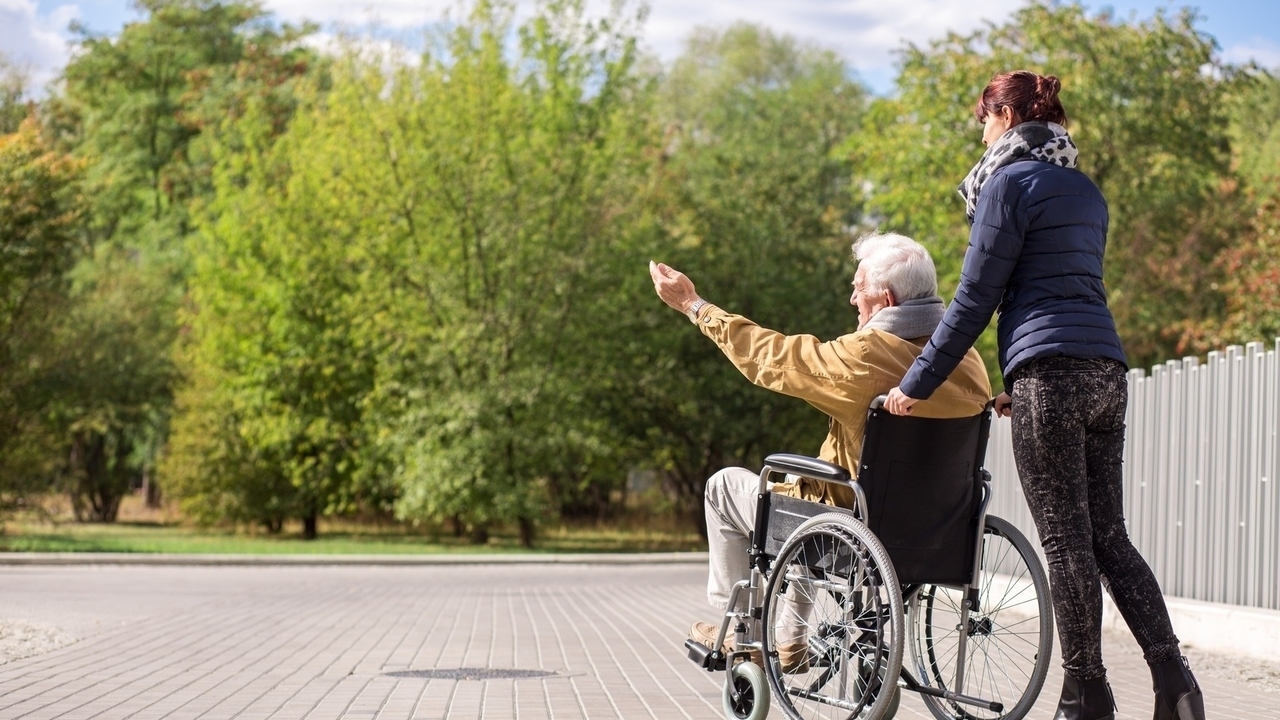 Photo: Getty Images
Photo: Getty Images
Anyone who doesn't work out knows how it feels when they finally take some exercise. It's hard and it hurts -- and hurts even more for the next few days. Even seasoned athletes or those who work out regularly, feel the burn if they skip a few weeks. The key is regular exercise with a day or two off every week to rest.
Our minds are the same way. That's why constant stimulation is important. Feeding our brains with new information, lots of data to analyze, and stimulating our senses, is a good thing. In fact, without it, our minds can become as out of shape as our non-exercised bodies.
The term "use it or lose it" is a pretty common statement in senior circles. Older adults are often aware that their brains aren't as stimulated as they used to be, a lot of it to do with the fact that many no longer work and don't face the need to meet deadlines and apply critical thinking all day long. Seniors can also become more isolated, watching a lot of daytime TV (especially in nursing facilities) and not using their brains the way they need to.
During my time working with both older and developmentally disabled adults, the need for brain stimulation was high. Fully-functioning seniors arrived early for Current Events meetings and gave their opinions on war, politics, social security, society and more. Even better, they (and subsequently, I!) had the benefit of decades' worth of comparisons -- from life during the Depression, to the baby and building booms of the 50s, the changing of family dynamics and race and gender rights, into recession periods and back to normal again.
The more people showed up and became regulars, the better they were at voicing their opinions, becoming more informed and wanting more and more information to think about and process. Within a couple of months, the transformations were amazing, with people having discussions among themselves and getting excited about the world around them. Our brains crave information like our bodies crave food and movement.
And it's not just intellectual stimulation that helps. New experiences, using all the senses, are good for our minds. Going to the theater, a music concert or getting a massage with scented oils creates new sensations in the brain.
In an article featured on Boomers with Elderly Parents.com, renowned science writer Ronald Kotulak says, “The brain craves positive training, education, and experience throughout the life span. How can we ensure such positive experiences? Caregivers of elderly parents should take the time and make the effort to constantly provide new ideas and suggestions for aging parents to help keep those brain cells working ... mental training in old age can boost intellectual power, help maintain mental functions like problem solving and reverse memory decline.”
According to an EmpowHER article about brain stimulation and the elderly, " ... although declines occur in certain cognitive functions, other cognitive functions increase with age and can compensate for functions that may decline. Researchers found that people who age with greater amounts of knowledge may be better able to adapt. Vocabulary also tends to improve with age. Certain activities can assist older adults in increasing their capacity to learn and adapt as they age."
Studies have shown some links between diminishing brain stimulation and increased risk of dementia in various forms. Caregivers need to take note of this and ensure the seniors in their care receive as much mental stimulation as well as physical aid. Human vitality is so much more than just the body. When both body and mind are connected, encouraged and stimulated, old age can be a wonderful stage of life.
SOURCES:
EmpowHER.com. Use It or Lose It: Preventing Cognitive Decline. Web. Nov 09, 2011.
https://www.empowher.com/media/reference/use-it-or-lose-it-preventing-co...
Boomers with Elderly Parents.com. Elderly Parents Mind and Brain Stimulation: No Joke for Seniors. Web. Nov 09, 2011.
http://www.boomers-with-elderly-parents.com/elderly-parents-mind-brain-s...
Reviewed November 10, 2011
by Michele Blacksberg RN
Edited by Jody Smith





Add a CommentComments
There are no comments yet. Be the first one and get the conversation started!